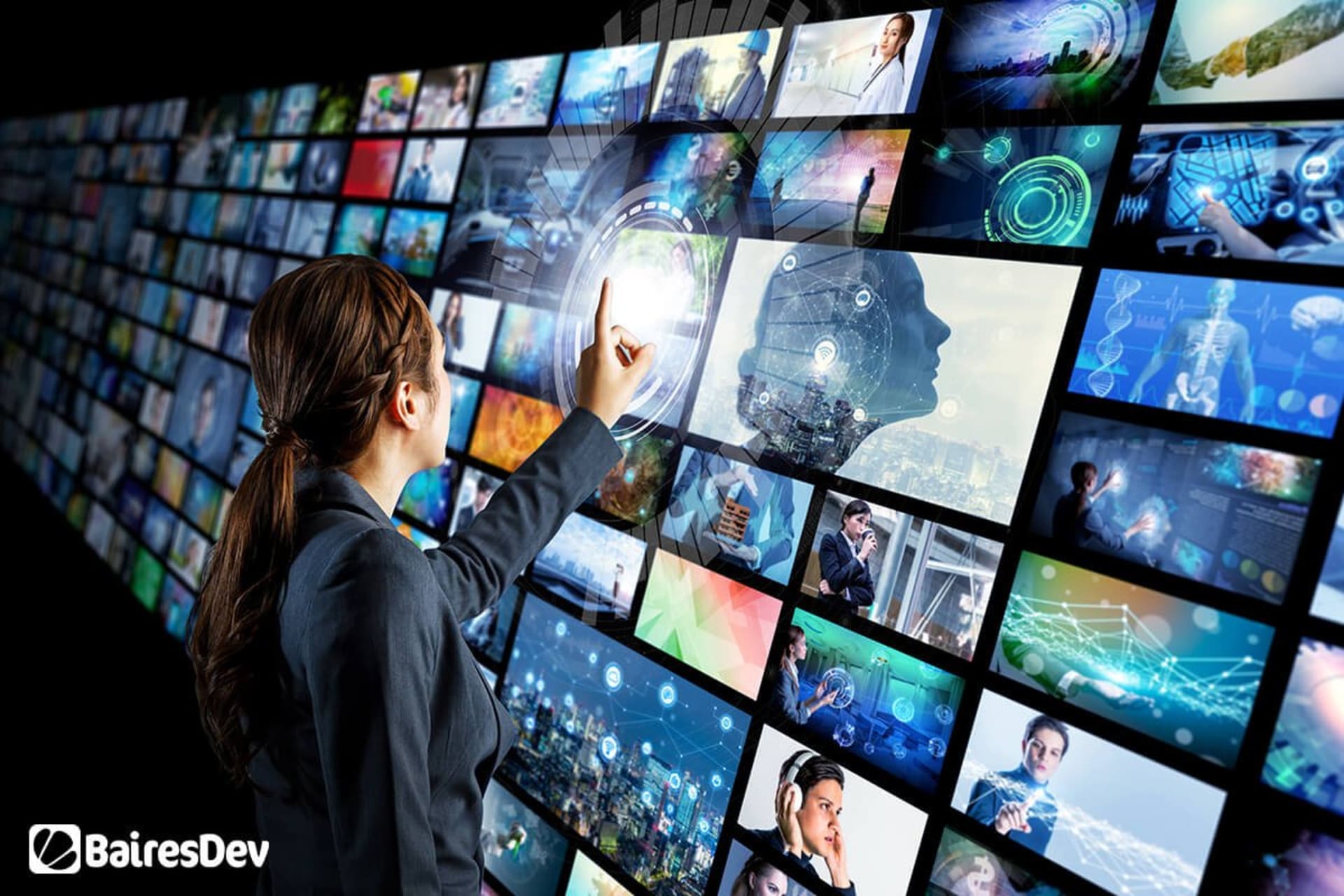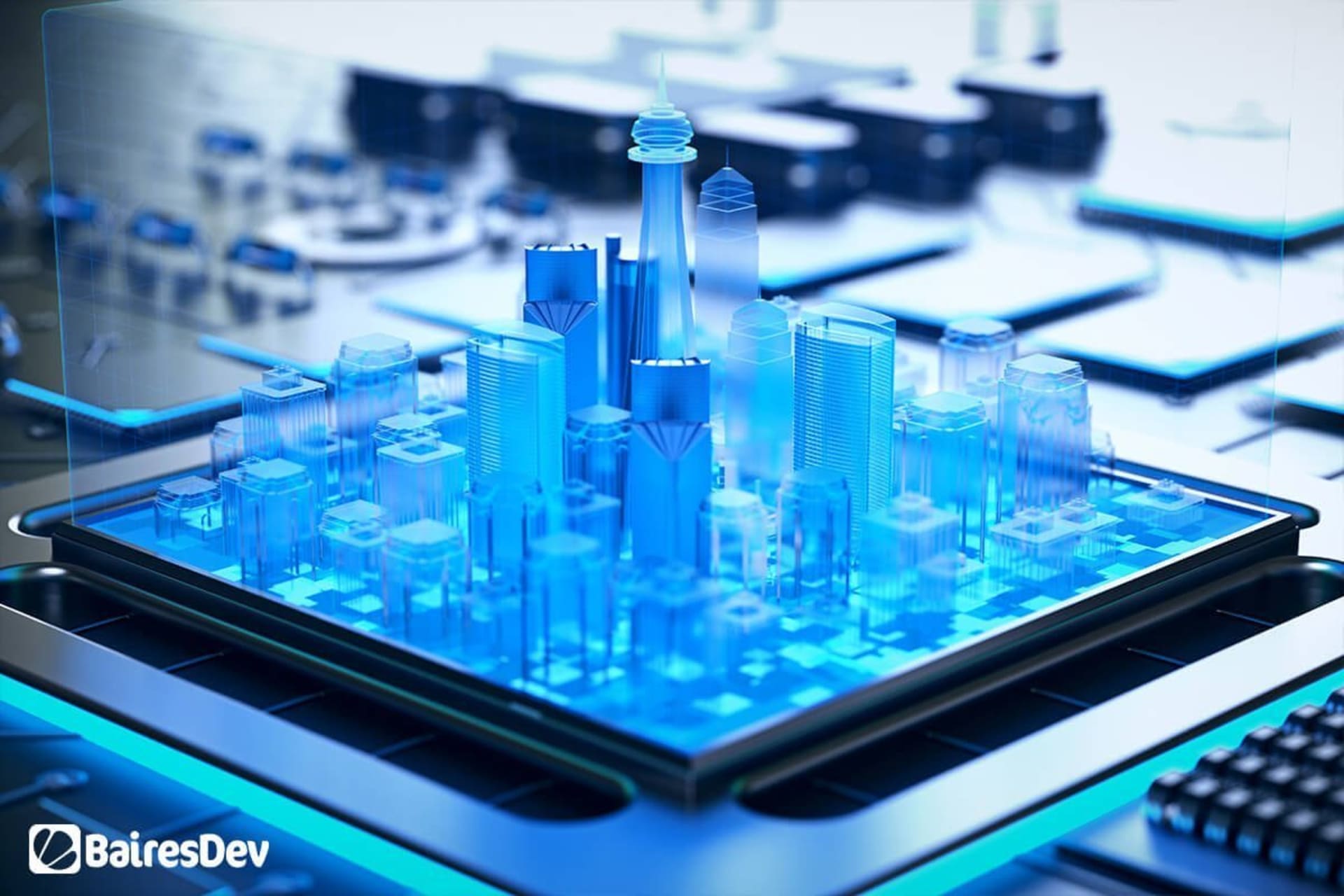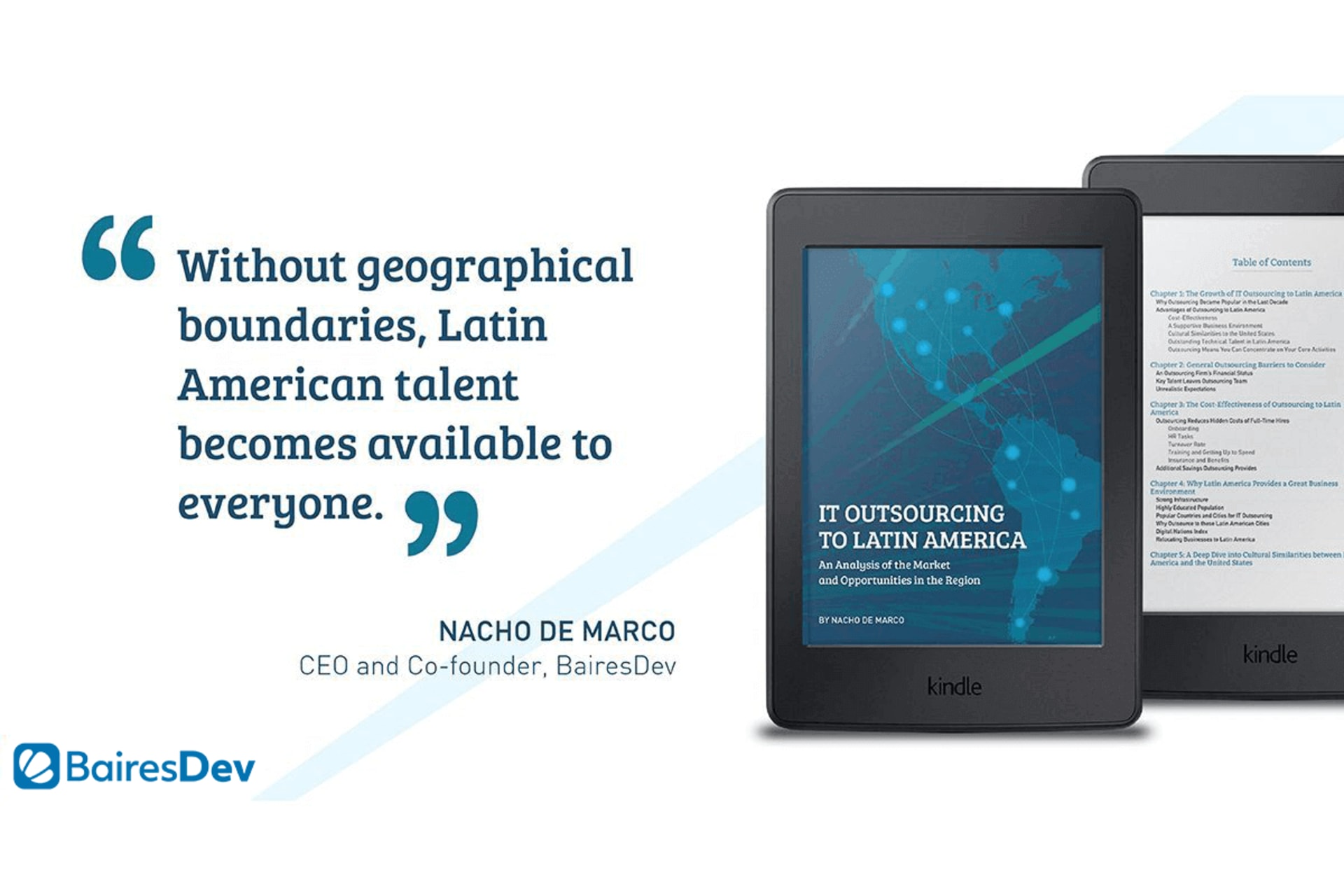It’s safe to say that we’re living in the entertainment age. We have grown accustomed to binge-watching TV shows, listening to music at almost any hour, watching videos even when we’re traveling, and being hooked up on the Internet at all times. Socially, it seems that being bored is a sin. If even newscasts have fallen to the infotainment phenomenon!
With that in mind, it’s hard to think of the entertainment industry as nothing but a highly profitable behemoth. Let’s put its value in perspective – according to a PwC report, global entertainment and media revenues are expected to rise to $2.2 trillion by 2021. However, business execs feel like the industry’s growth rate has grown stagnant.
As incredible that is to believe, it’s true that the growth rate has slowed down in the last few years. That’s why decision-makers across the industries are seeking the next big thing to boost business. And what powerful ally have they found recently? Artificial intelligence. It was a natural choice for entertainment. Given that this technology is fostering change across all industries, it was only a matter of time before it was embraced by entertainment companies.
That’s because AI can bring several revolutionary changes to these companies, opening new business opportunities and creating whole new experiences for consumers. It’s highly likely that entertainment as we know it will radically change in the coming years and AI will play a major role in that. Here are the 4 major ways in which, in certain ways, it’s already doing just that.
Service personalization
This is probably the most visible effect of AI in modern entertainment today. Since people are looking for more and more experiences that feel tailor-made for them, it makes sense for the industry to use artificial intelligence to create those experiences for its audiences. Netflix’s and Spotify’s content recommendation algorithms are perfect examples of this, as they use AI to suggest movies, TV shows and artists according to the users’ past activity and consumption habits.
Artificial intelligence is also used to “understand” the limitations of streaming users and adjust the content accordingly to offer the best possible experience. Thus, Netflix is capable of detecting slow internet connections and bandwidth limits to compress the streaming without sacrificing image quality. Thus, the experience remains the same, even in the face of technical limitations on the user’s end.
The personalization level has reached unexpected levels of detail. Netflix also works as an example here, as it uses its algorithms to customize the thumbnails it shows to its different users, according to the data it collects (big data and analytics are a huge asset) . Thus, it picks the images that feel more appealing for the user and that might entice him or her to watch certain content. Spotify, for its part, is working on an update that will bring its music recommendation system to a whole new level by taking into account the mood of the listener.
Search optimization
AI’s use in search isn’t new, either. But the direction it’s taking in the entertainment industry makes it worth taking a deeper look into it. That’s because AI is sophisticating the accuracy of search results within large visual databases. Of course, if we’re talking about digital searches, we are talking about Google. The search giant is using AI to power up its image search algorithm to provide users with the possibility to search for exact copies of images or similar pictures to the one uploaded by them. Google uses AI and facial recognition techniques to quickly identify the image’s main features and provide results that are similar in a number of ways.
The algorithm is also used in Google’s ad platform to aid in ad positioning within the vast network of sites that use it. How? Google’s AI analyzes the images from the ads and identifies what’s depicted on them. Thus, it can quickly decide which can of sites are more suitable for it and even determine the best position for them. In that way, an electric car ad won’t be featured on an oil-industry-related site.
AI-powered search is also being used in the movie business to help classify and categorize millions of hours of footage. Platforms like Zorroa’s Enterprise Visual Intelligence or ClarifAI both offer search technologies that aid in classifying and searching within large visual databases. Thus, they drastically reduce the amount of time it takes to locate a certain clip, bringing down hours of manual labor to mere minutes of automated work.
Entertainment marketing
Another big use of AI within the entertainment industry has to do with marketing and advertising. That makes perfect sense, as artificial intelligence has strong capabilities to analyze large data sets to identify consumption patterns, audience habits and likes, and other opportunities for business growth. Thus, the film industry is using AI-based algorithms to evaluate past marketing efforts and suggest improvements and directions to improve the efficiency of the messages.
These types of solutions are very popular in e-commerce stores. One of the most famous examples is Alibaba’s Luban, a software that uses artificial intelligence to come up with banners and designs for the brand’s marketing efforts. The sheer amount of banners is capable of producing is simply astonishing – Luban set a record of 400 million banners designed in just one day.
IBM’s Watson is another famous AI system used for a number of purposes across several industries. In the entertainment industry, it has helped in the creation of a trailer for the movie Morgan. It did so by analyzing clips from more than 100 horror movies to understand what constitutes a standout moment worth being featured in the final trailer. Watson delivered the final trailer in just one day.
Watson was also used in the sports field. After feeding it footage from several tennis matches, the algorithm was capable of analyzing the game and the fan reactions in real-time from multiple angles. Thus, it determined which were the best moments from each game and was capable of generating a highlight reel for them.
Experience creation
Finally, artificial intelligence is also being used to create new kinds of entertainment experiences, especially those related to Virtual Reality (VR) and Augmented Reality (AR). By using special glasses or mobile apps, companies are creating innovative and immersive experiences through the combination of complex and holographic scenes.
This is generated and perfected through the use of powerful AI-based software capable of reading and analyzing the user’s reactions. These experiences include short movies and video games, with special devices already being out in the market (such as the Oculus Rift and the Samsung Gear VR). But that’s not all. These technologies are also fueling changes in the sports and the pornography fields to provide more immersive experiences.
Thus, artificial intelligence is capable of reading millions of data points and recreating scenes almost in real-time. That way, people can feel they are part of the movie or can get lost inside the game and enjoy it from multiple angles in what’s becoming the ultimate entertainment experience.
Just a Matter of Time
These are 4 major ways in which artificial intelligence is fostering change in the entertainment industry but they are far from being the only ones. Since AI is capable of analyzing huge amounts of data and offering new business opportunities, it’s only a matter of time before we start seeing new ways of interacting with movies, shows, and music we could never see coming.
If you enjoyed this, be sure to check out our other AI articles.







